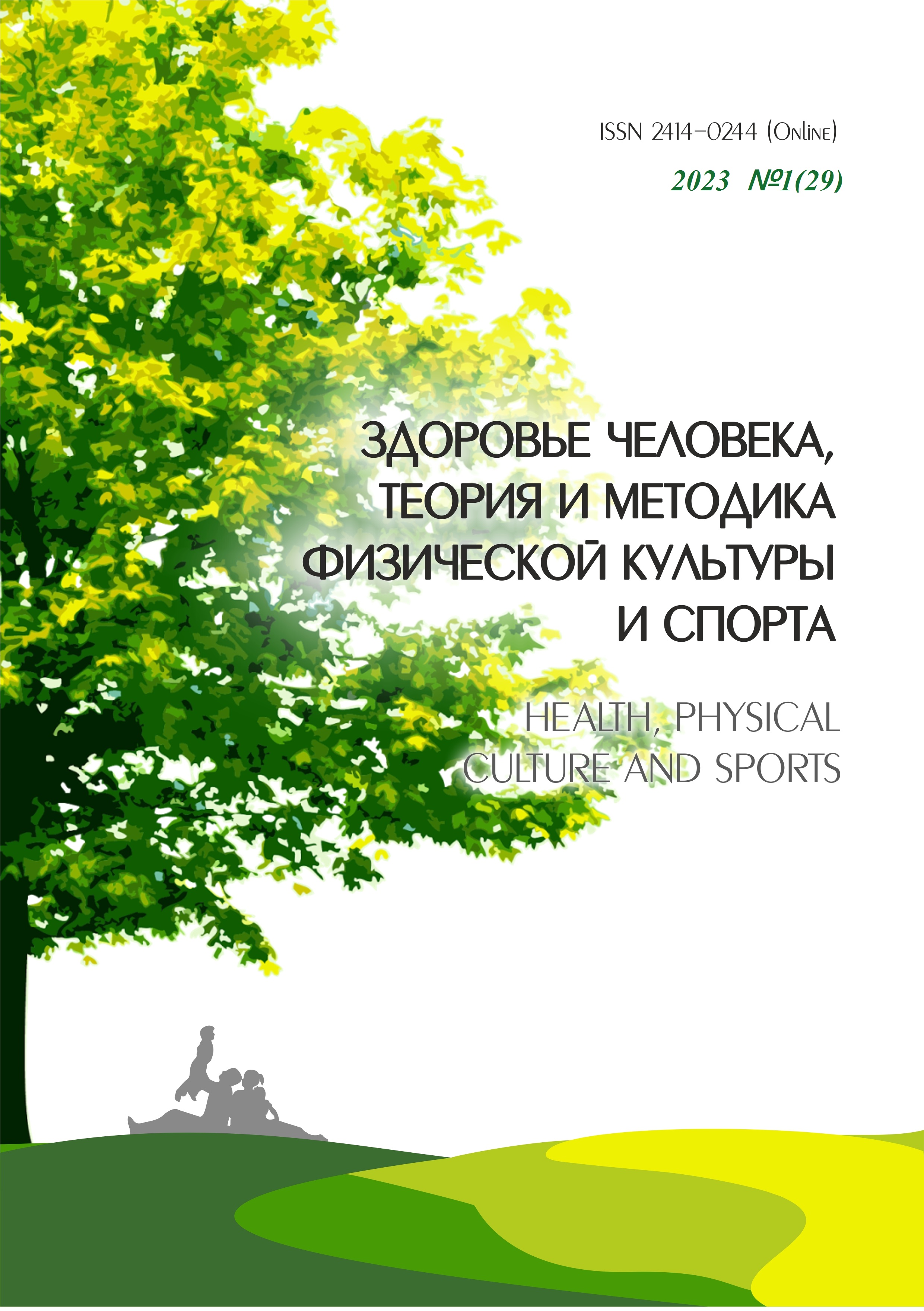INFLUENCE OF RUSSIAN-UKRAINIAN MILITARY (COMbat) ACTIONS ON THE PSYCHOLOGICAL STATE OF CITIZENS
Abstract
Currently, there are more than two dozen protracted armed conflicts in the world in an active state. Military operations are an integral part of almost all wars and military conflicts. They can be carried out by various subjects of confrontation both in the course of wars and military conflicts, and as an independent type of military operations. One example of a prolonged armed conflict is the conflict in Ukraine. Participation in hostilities, including in local conflicts, often associated with the activities of radical organizations, remains an acute problem for mankind. Shelling, bombing, hostage-taking, forcible detention associated with a direct threat to the life and well-being of people are among the most significant psycho-traumatic factors of modern life. It is clear that in an extreme situation, each person can experience fear, anxiety, lack of a sense of security, nervousness, which will lead to an increase in the number of mental disorders and the emergence of protective, compensatory mechanisms. The military theorist and empirical psychologist K. Clausewitz repeatedly emphasized that the main element of war is danger (Clausewitz, 2002). Indeed, fear in combat is one of the most powerful emotions. “A person becomes dumb and in this stupefaction already ceases to control himself, cannot strain his attention to what is needed - he surrenders to the power of fear (Krasnov, 1998). In extreme situations that expose a person to stressful conditions, a public self-consciousness is formed, which begins to determine the individual feelings and behavior of people. The complex of experienced events creates the so-called single psychological space. The escalating social situation, namely terrorist attacks, as well as a number of military events, contributes to maintaining the relevance of the further development and improvement of psychology in the field of military activity in accordance with the characteristics and needs of the present time. People, seeing the processes taking place in other countries, do not understand why the past referendum, to which any representatives of the world community have the right, led to such horrific results. As a rule, such wars are preceded by a serious preparation of the mass consciousness. People who find themselves in a situation of military conflict are subjected to massive external influence, which leads to a change in the psycho-emotional state of each person in this situation.
Downloads
References
Александровский Ю.А., Лобастов О.С., Спивак Л.И., Щукин В.П. Психогении в экстремальных условиях. – М.: Медицина, 2011. – С 215-222. Громакова, В. Г. Специфика отношения к специальной военной операции РФ на Украине, как проявление базовых моделей социального поведения в российском обществе / В. Г. Громакова // Институт социологии и регионоведения Южного федерального университета, Электронный научный журнал «Гуманитарий юга России» - 2022 Том 11 (54) № 2 – С. 68-74.
Гурова О.С. Психологические особенности субъективных представлений о жизненных перспективах участников локальных войн, 2004г, кандидат психологических наук. – С 5-6. Захарова, Н. М. Психические и поведенческие нарушения у мирного населения региона, подвергшегося локальным военным действиям / Н. М. Захарова, М. Г. Цветкова. - Психология и право - 2020. Том. 10, № 4 – С. 185-197. Зимова, Н. С. Сетевая солидарность как ответ на коллективную травму (на примере специальной военной операции России на Украине) / Н. С. Зимова, Е. В. Фомин // Таврический национальный университет, т. 24 (63), 2022 – С. 189-191. Караяни А.Г., Караяни М.Ю. Психологические последствия войны и социально-психологическая реадаптация участников боевых действий. – URL https://cyberleninka.ru/article/n/psihologicheskie-posledstviya-voyny-i-sotsialno-psihologicheskaya-readaptatsiya-uchastnikov-boevyh-deystviy/viewe (дата обращения 12.01.2023).
Коренев Е. Военная спецоперация на Украине: Особенности российской стратегии. - URL: https://eurasia.expert (дата обращения 05.12.2022). Клячкина, Н. Л. Методы и техника социально-психологической реабилитации ветеранов боевых действий / Н. Л. Клячкина // Самарский государственный технический университет // Автономия личности. – 2022. -№1(3). – С. 109-112. Литвин А.Ю. Как меняется психика человека, вернувшегося с войны. - URL: https://livrezon.com/knowledge/psychology (дата обращения 29.11.2022).
Мананников, Д. Ю. Социальная поддержка военнослужащих и членов семей погибших (умерших) участников боевых действий в условиях проведения Российской Федерацией специальной военной операции на территории Украины / Д. Ю. Мананников // Пензенский государственный университет, Электронный научный журнал «Наука. Общество. Государство» - 2022. Т. 10, № 2. – С. 80-88.
Нехлебова Н. Как военная травма влияет на человека, его семью и все общество. - URL: https://www.pravmir.ru (дата обращения 06.01.2023)
Попов Е. Психотерапевт рассказал, как мобилизация повлияла на психику россиян. – URLhttps://news.rambler.ru/sociology/49535851/?utm_content=news_media&utm_medium=read_more&utm_source=copylink (дата обращения 10.01.2023) Райский П. Приказ Путина: мобилизация завершается 28 октября. URL: https://astsite.ru/274638-prikaz-pytina-mobilizaciia-zavershaetsia-28-oktiabria-poslednie-novosti-o-mobilizacii-na-svo-i-pochemy-prihodiat-povestki-po-vsei-rossii/ (дата обращения 23.12.2022).
Copyright (c) 2023 Health, physical culture and sports

This work is licensed under a Creative Commons Attribution-NonCommercial 4.0 International License.
An author should not normally publish manuscripts describing essentially the same research in multiple journals or publication venues. Such redundant publication is generally considered to constitute unethical publishing behavior, and if discovered may result in a manuscript under consideration being rejected, or a published article being retracted.
Authors of manuscripts reporting on original research should present an accurate account of the work performed, accompanied by an objective discussion of its significance. Underlying data should be represented accurately in the manuscript. The manuscript should contain sufficient detail and references to permit others to replicate the work. The fabrication of results and the making of fraudulent or knowingly inaccurate statements constitute unethical behavior and may be cause for rejection or retraction of a manuscript or published article.





